Latest Posts
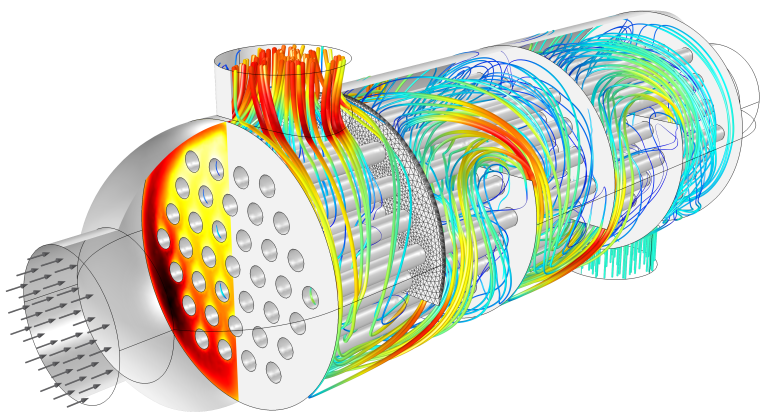
Conjugate Heat Transfer
Get an introduction to the concept of conjugate heat transfer and see some of its applications and modeling considerations.
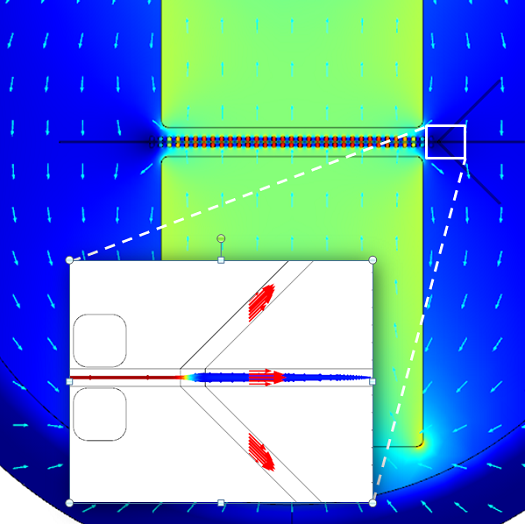
Red Blood Cell Separation from a Flow Channel
Lab-on-a-chip technology can be used to separate red blood cell via magnetophoresis — for example, motion induced by magnetic fields. Simulation can be used to optimize such devices.
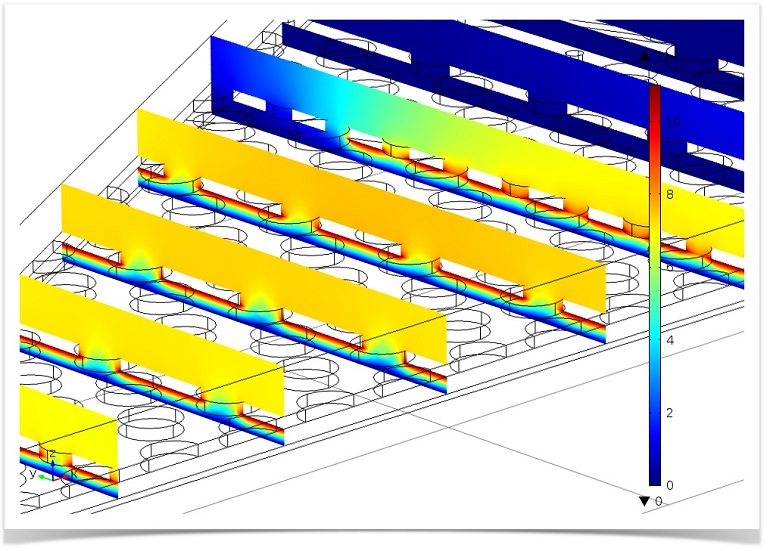
MEMS Microphone Model Presented at ASA 166 in San Francisco
What is a MEMS microphone? Learn about this versatile device, as well as how to model it using COMSOL Multiphysics® with the add-on MEMS Module and Acoustics Module.
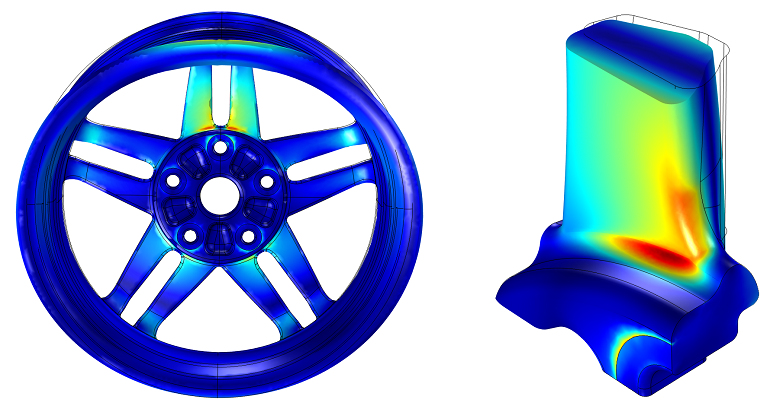
Submodeling: How to Analyze Local Effects in Large Models
Modeling a particularly large structure with a lot of boundary conditions? Learn how to use submodeling, a technique for analyzing local effects in large models in COMSOL Multiphysics®.
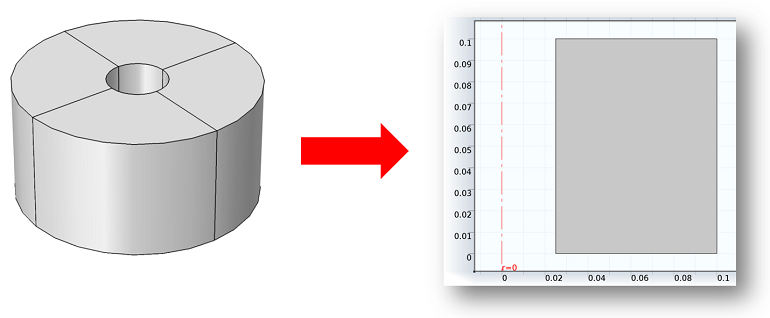
Visualization for 2D Axisymmetric Electromagnetics Models
Today we’ll look at how to make 3D plots of vector fields that are computed using the 2D axisymmetric formulation found in the Electromagnetic Waves, Frequency Domain interface within the RF and Wave Optics modules.
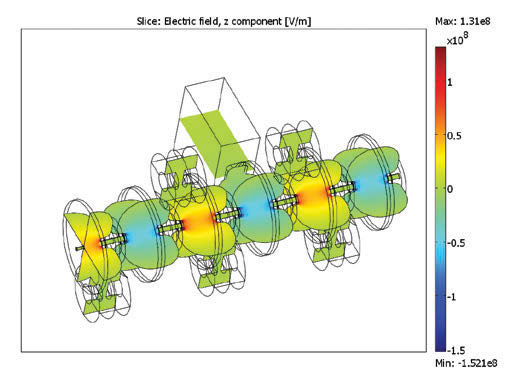
The Linac-MR Project: Tumor Tracking and Treatment
Not too long ago, my colleague Jennifer wrote a blog post about the Cross Cancer Institute, and the research being conducted there into the design of a new device for treating cancerous tumors. The device, known as the Linac-MR, is revolutionary due to its ability to both image and treat cancer cells simultaneously — a capability that had previously been regarded as near impossible due to the conflicting physics interactions involved. Such a device would allow for extremely precise radiation […]

Using Adaptive Meshing for Local Solution Improvement
One of the perennial questions in finite element modeling is how to choose a mesh. We want a fine enough mesh to give accurate answers, but not too fine, as that would lead to an impractical solution time. As we’ve discussed previously, adaptive mesh refinement lets the software improve the mesh, and by default it will minimize the overall error in the model. However, we often are only interested in accurate results over some subset of the entire model space. […]
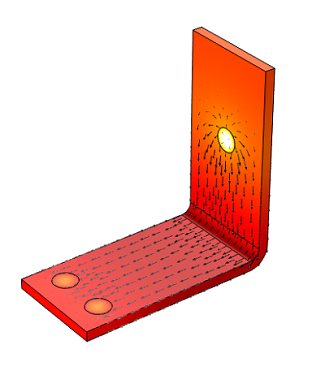
Learning to Solve Multiphysics Problems Effectively
One of the questions we get asked often is how to learn to solve multiphysics problems effectively. Over the last several weeks, I’ve been writing a series of blog posts addressing the core functionality of the COMSOL Multiphysics software. These posts are designed to give you an understanding of the key concepts behind developing accurate multiphysics models efficiently. Today, I’ll review the series as a whole.
